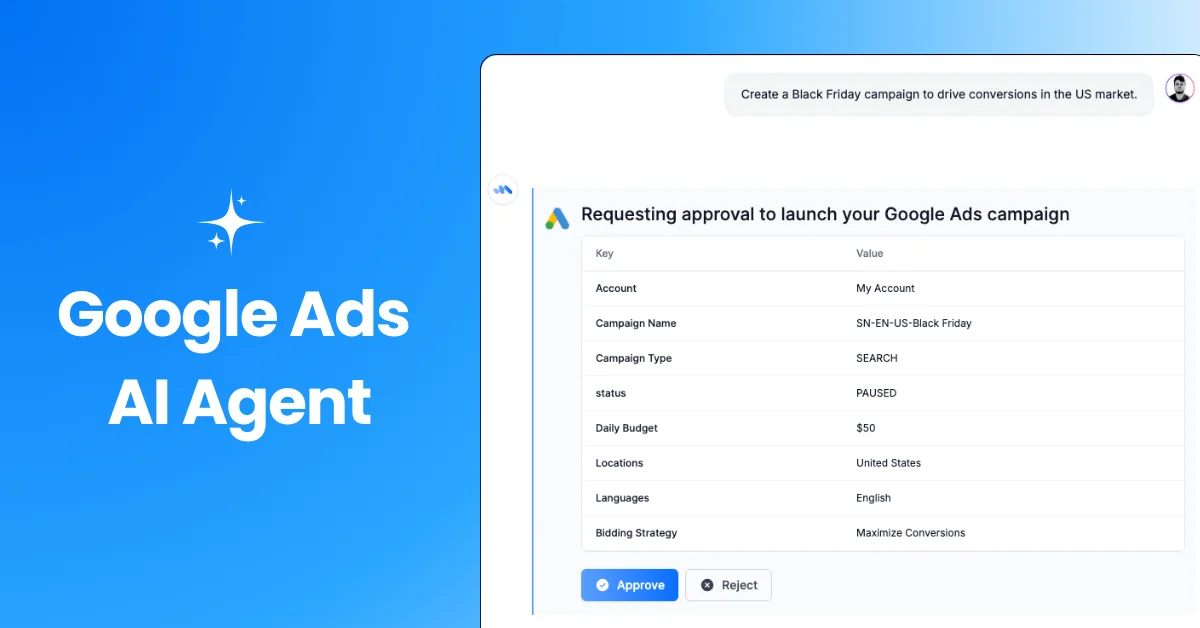Daniel Engelke, Content Marketing Manager at Viant, discusses the challenges advertisers face in the evolving media ecosystem. The decline of third-party cookies, new digital privacy laws, and the rise of connected TV contribute to these challenges. Advertisers need to ensure their ad tech partners can complement AI-powered tools with technology suitable for the modern digital advertising landscape.
The shift towards decentralization in the internet and online world, marked by terms like "Web3" and "open internet", is leading to a move away from a few large tech companies controlling the online space. This shift encourages a transition from the invasive third-party cookie to a better advertising experience. However, this transition often leads to "choice overload", complicating media evolution.
The overload of choices also opens the gateway to first-party data. The data loss from third-party cookies is leading to a focus on first-party data, which is more reliable as it is willingly offered by consumers. This shift to first-party data helps teams comply with the latest updates to data privacy laws. However, the challenge lies in making this data actionable for a better advertising experience.
AI is evolving as a tool to help advertisers navigate through the multitude of ad choices. AI-powered recommendations can help optimize underperforming campaigns or increase the reach of a target audience. A simple chat interface could help make sense of a massive amount of first-party data, making it useful for a campaign.
While AI-powered tools have benefits, their effectiveness depends on their integration into the advertising technology provided by the ad tech partner. Advertisers need to evaluate their ad tech partners to ensure they can measure campaigns, use crunched first-party data for identity resolution, and navigate the changes happening in digital advertising.













